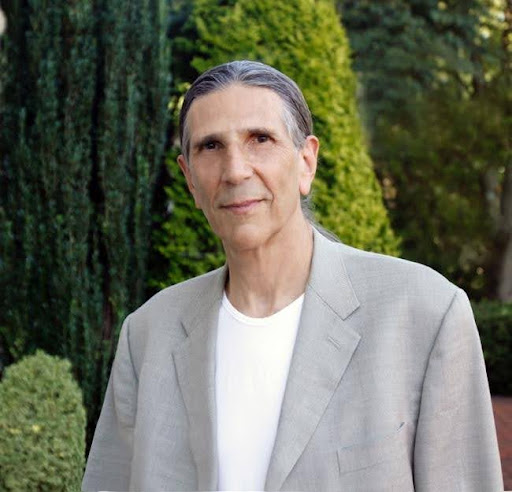“Is it good for the Hebrews?” Moses’ mother asks, shushing
her boy before he strikes out enraged by the overseer’s brutish
behavior. And is Prince Hamlet’s impetuous dagger–
having left the loquacious, all-too-human Polonius to stagger
downstage, while we unconcerned, applaud the murderer–
not dangerous (does anyone wonder) for the Danes? A shanda fur
di Goyim, my mother says, as Madoff dupes both Hadassah
and the Dems. O, Weinstein, bedding your shiksa goddesses
while Wikipedia dubs you Rapist/Felon/Jew, is collective sin
the victim or oppressor’s weapon? Dirty laundry or desecration?
the critics argued as Roth’s Portnoy neither balanced nor tipped
the scales. On the other hand, here I sit, bookish, ill-equipped,
as Tevye would say, for this farkakte world, tracing my tree
back through Tysmienica, one hundred percent (23 and Me
reports) purebred eastern European Jew. One-fifth of Nobel
Laureates, and less than one percent of the population we tell
our exceptional selves, trotting out Einstein, Kafka, Proust,
Koufax, as if ordinary was our ancestor’s shame. Be a credit
to your race, Mary tells baby Jesus. Is it good for the Jews?
my grandmother asks before navigating Atlantic Avenue.
She marches ahead, intrepid as Moses crossing the Red Sea.
Take my hand, I cry out, arm outstretched. But she is eighty
years dead, so I step off the curb. Hineni, I call. Wait for me.
Share on Social Media:

Richard Michelson’s books include Sleeping As Fast As I Can (Slant Books, 2023), More Money than God (U of Pittsburgh Press), a finalist for the Paterson Prize, Tap Dancing for the Relatives (U of Central Florida), and Battles and Lullabies (U of Illinois). He has received the National Jewish Book Award, was the recipient of 2016 and 2023 Massachusetts Cultural Council Fellowships, and served two terms as Poet Laureate of Northampton Massachusetts.
Photo credit: Ellen Michelson
